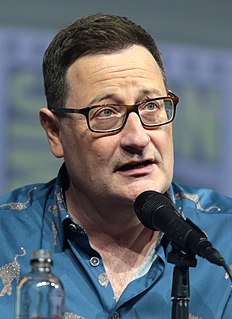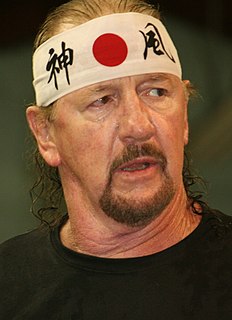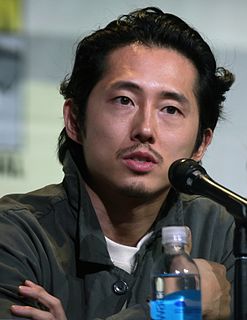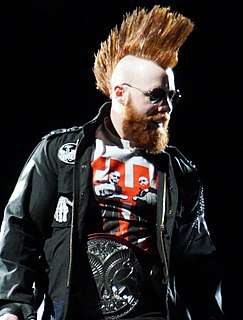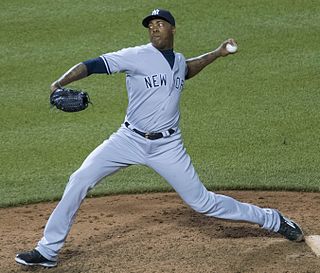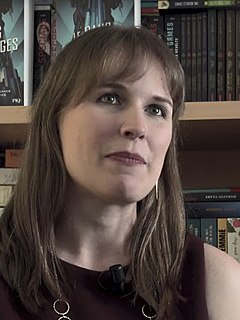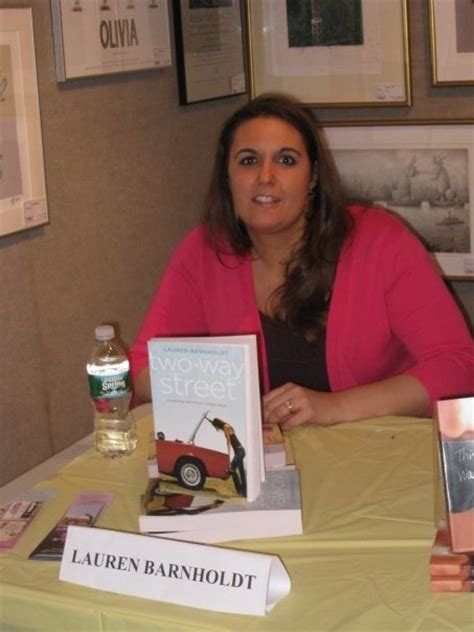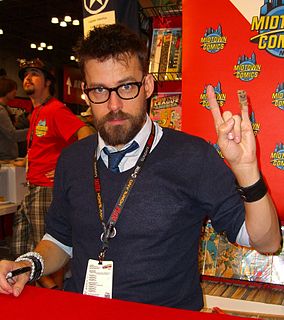A Quote by Chris Chibnall
I think when you're writing anything you should never be thinking about hardcore genre fans.
Related Quotes
The thing about science-fiction fans and "Star Wars" fans is they're very independent-thinking people. They all think outside the box, but they all have very strong ideas about what should happen, and they think it should be their way. Which is fine, except I'm making the movies, so I should have it my way.
We should think more about it, and accustom ourselves to the thought of death. We can't allow the fear of death to creep up on us unexpectedly. We have to make the fear familiar, and one way is to write about it. I don't think writing and thinking about death is characteristic only of old men. I think that if people began thinking about death sooner, they'd make fewer foolish mistakes.
I think the line is where you're in the studio, you're creating. That belongs to you as an artist. Nothing should taint that. I shouldn't be thinking about what the fans want, I shouldn't be thinking about what the radio wants, what the label wants, what your manager wants, a song for the chicks, a song for the street.
Fans don't mind him doing a little touch-up work, but Jesus wants complete renovation. Fans come to Jesus thinking tune-up, but Jesus is thinking overhaul. Fans think a little makeup is fine, but Jesus is thinking makeover. Fans think a little decorating is required, but Jesus wants a complete remodel. Fans want Jesus to inspire them, but Jesus wants to interfere with their lives.
He was the fantasy of every girl in the country. He was so far out of realm, her world, that she should have stopped thinking about him the second the door had closed. Should stop thinking about him immediately. Should never think about him again, except maybe as a client - and her prince. And yet, the memory of his fingers against her skin refused to fade.
Poetry restores language by breaking it, and I think that much contemporary writing restores fantasy, as a genre of writing in contrast to a genre of commodity or a section in a bookstore, by breaking it. Michael Moorcock revived fantasy by prying it loose from morality; writers like Jeff VanderMeer, Stepan Chapman, Lucius Shepard, Jeffrey Ford, Nathan Ballingrud are doing the same by prying fantasy away from pedestrian writing, with more vibrant and daring styles, more reflective thinking, and a more widely broadcast spectrum of themes.
The book is about zombies, in that it is the over-arching theme, but what's going on is the story of these people and how these survivors deal. I think that's so much more of an interesting story, and that's what really gets and hooks these readers into the book and the show. It's a mix of fans of drama, fans of AMC, fans of horror and fans of Frank [Darabont]. It's a lot of people just coming together and realizing a genre doesn't have to be fixed in one specific detail.
